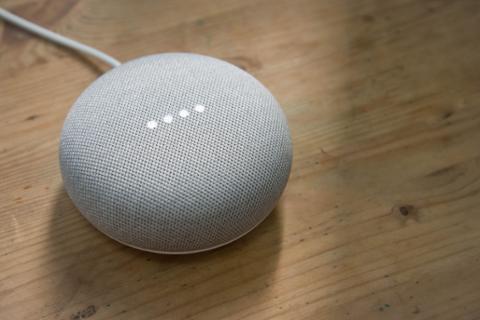Google Wants to Make Cities Smarter
Over the past decade or so, new technologies have promised to make cities “smarter.” Advocates suggest that the right combination of sensors and analytics software can help reduce traffic, make power usage more efficient, and render the streets cleaner and safer. But outside of a few pioneering programs in some major cities—Barcelona, for example, has piloted a handful of “smart infrastructure” initiatives—most cities haven’t rushed to embrace technology as the solution to their problems. Google wants to make more cities smarter, so it’s launched a new subsidiary named Sidewalk Labs. “Sidewalk will focus on improving city life for everyone by developing and incubating urban technologies,” Google CEO Larry Page wrote in a posting on his Google+ page, “to address issues like cost of living, efficient transportation and energy usage.” In broadest strokes, Sidewalk Labs will develop new products and platforms in-house that will tackle those issues; there are also hints that the subsidiary will collaborate or partner in some way with other companies (and perhaps developers) to encourage promising technology. Check out the latest Internet of Things jobs. The big question is whether Sidewalk Labs will operate like Google X, the company’s ultra-secretive research division (responsible for self-driving cars and other initiatives), or more like Android, which is focused on creating platforms for third-party innovation. Given the amount of money and planning involved in city-scale initiatives, it seems like the former is more likely; it takes a lot of tightly coordinated effort to make, say, a power grid more efficient. At the same time, there’s also been a movement in recent years toward opening public data for private developers to mold into apps and services. If you make public datasets accessible, the logic goes, then people can build apps that serve a civic function—and everybody benefits as a result. So it’s not impossible that Google and Sidewalk Labs could be thinking of something in that direction; if that's the case, developers could have the chance to affect the cities in which they live and work.


